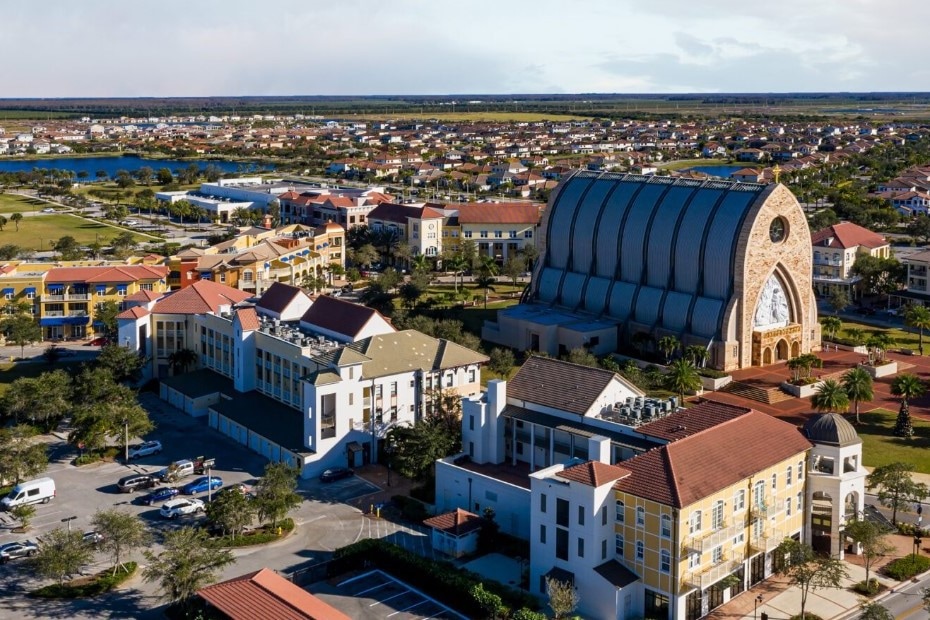A Florida company that's ending its citrus-growing business intends to develop a master-planned community of 9,000 homes on the state's southwest coast, part of a broader plan to unlock value from its extensive land holdings.
Alico filed a development application last month for two 1,500-acre residential and commercial villages in northwest Collier County near the border with Lee and Hendry counties. Each village would contain about 4,500 homes and 280,000 square feet of commercial space, with the first development beginning in 2028 or 2029, the Fort Myers-based company said.
The project would help monetize 5,500 acres of developable land with a total value of $335 million to $380 million, the company said. It owns more than 53,000 acres across eight counties in Florida, along with roughly 48,000 acres of oil, gas and mineral rights in the state. Alico said it will set aside 6,000 acres in Collier County for permanent conservation.
"The project is designed to help meet Southwest Florida's growing need for housing and commercial space while ensuring responsible environmental management,” CEO John Kiernan said in a statement.
The company did not release housing types or prices but said the homes would be suitable for working families and retirees, with the project also including 750 affordable housing units.
It announced in January that it was winding down its citrus operations after the 2024-25 growing season to focus on growth opportunities. It said it faced financial challenges from environmental factors and a citrus greening disease.
Florida's orange production plummets
California has surpassed Florida as the leading citrus producer as the greening disease, pests and a series of recent hurricanes have decimated the Sunshine State's once-booming industry. Florida is set to produce 11.6 million boxes of oranges in the 2024-25 season, down 83% from five years ago and 89% from 10 years earlier, according to the latest figures from the U.S. Department of Agriculture.
Meanwhile, across the country, developers are targeting citrus land for new housing projects. In California, a developer is planning single-family houses on what used to be an orange grove in the San Fernando Valley.
Alico is betting that favorable migration patterns in Florida will continue over the long term, according to U.S. housing analyst Jack McCabe of McCabe Research & Consulting.
While Florida's growth has surged over the past decade, there's no guarantee that will continue, McCabe said in an interview. Three hurricanes made landfall on the west coast of Florida last year alone, and active seasons in 2003 and 2004 caused some longtime Florida residents to move out of state to areas not as affected by hurricanes.
Rising costs in Florida are also a concern, he said.
"People will always move from north to south to retire," McCabe said, "but we're seeing a lot of growth in North Carolina, South Carolina, Alabama. People are looking at other areas that are less expensive than Florida."
Collier's largest city is Naples, long known as a resort town for retirees. Alico's development would rival Ave Maria, a master-planned community in an unincorporated area in Collier east of Naples.
Ave Maria sold 600 homes last year, ranking No. 21 among the nation's top-selling master-planned communities, according to the RCLCO consulting firm. The development has sold roughly half of the 11,000 homes expected at build-out, attracting a mix of retirees and young professionals, some of whom commute to work in the Miami area.


